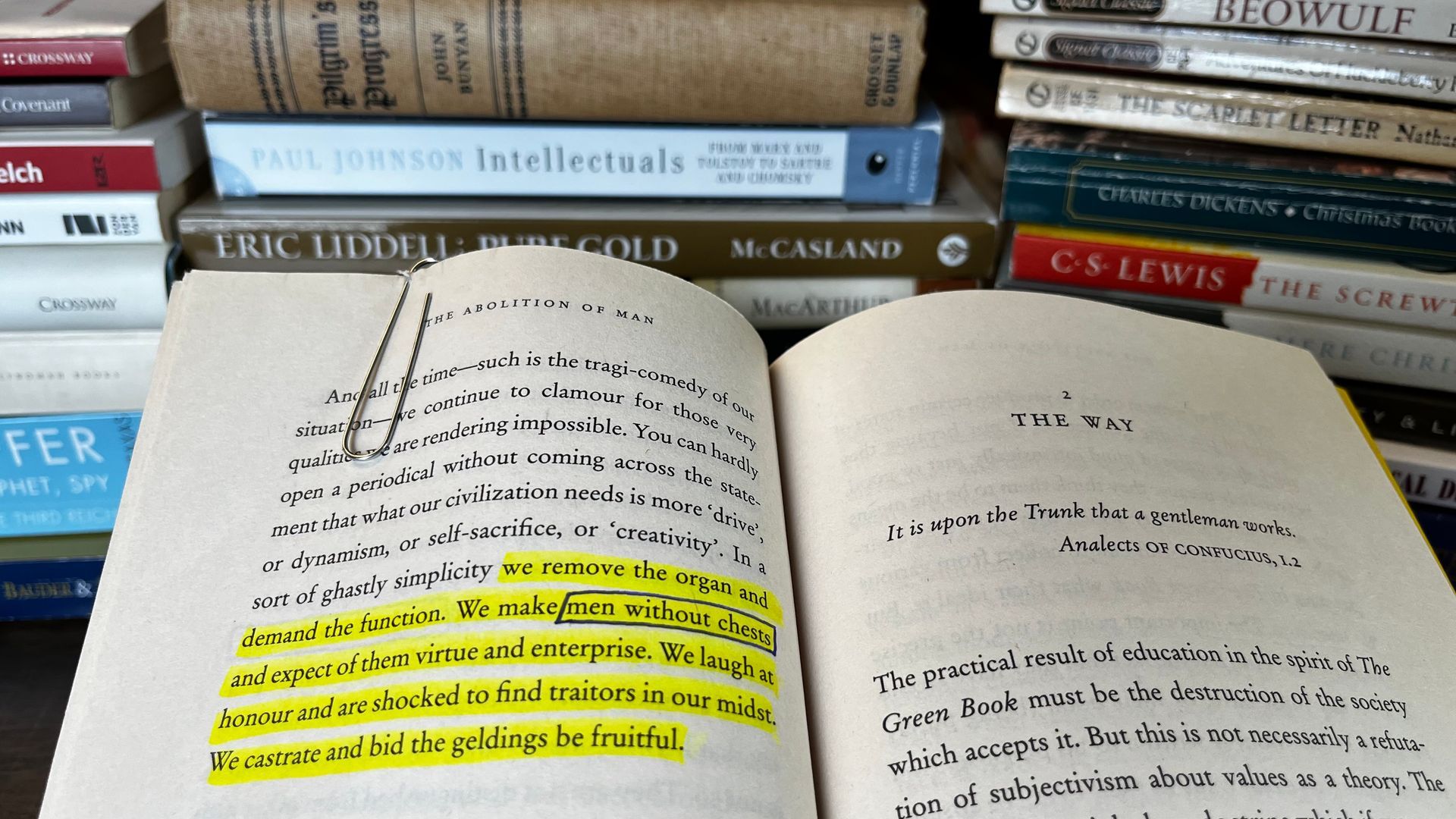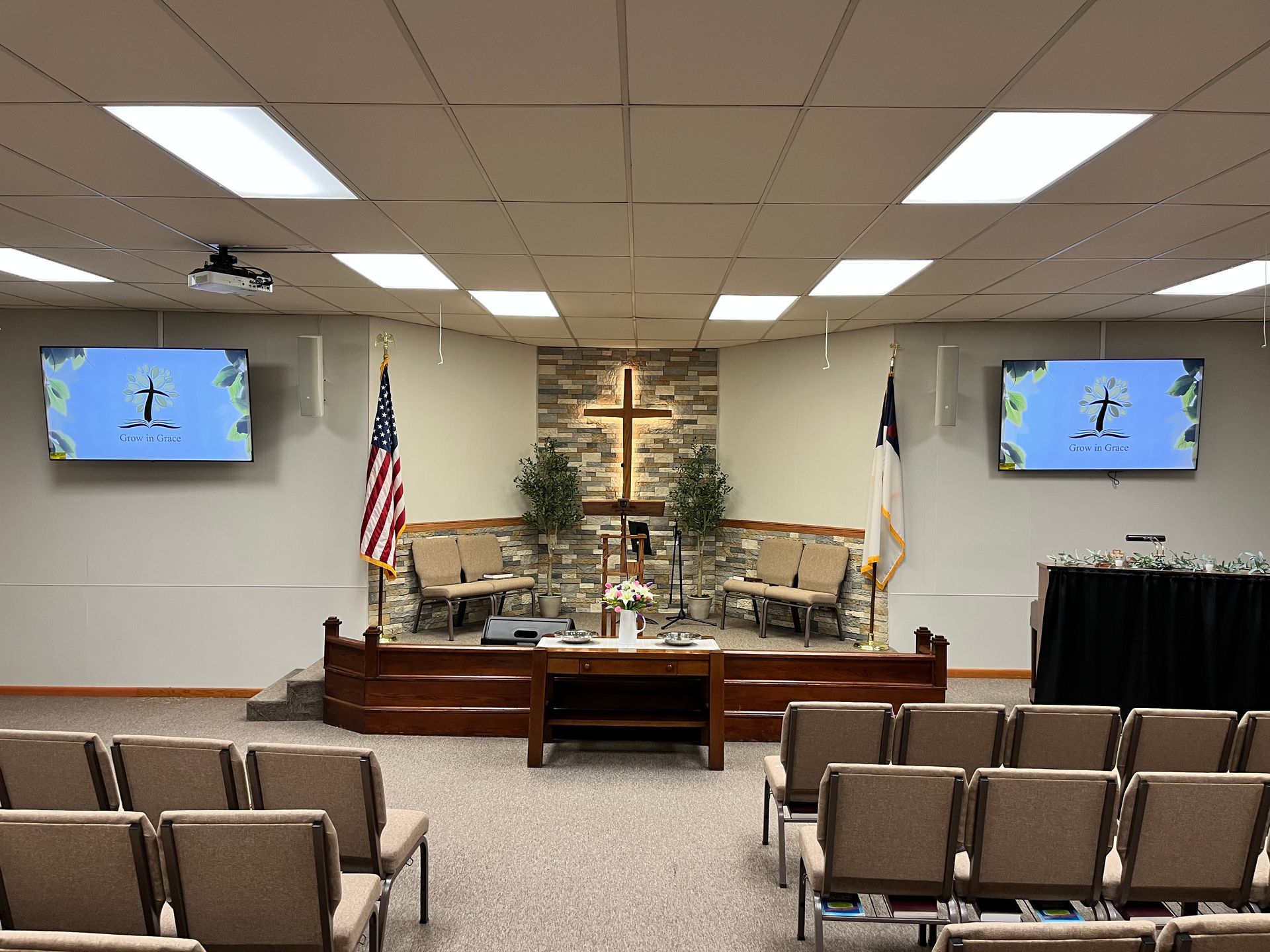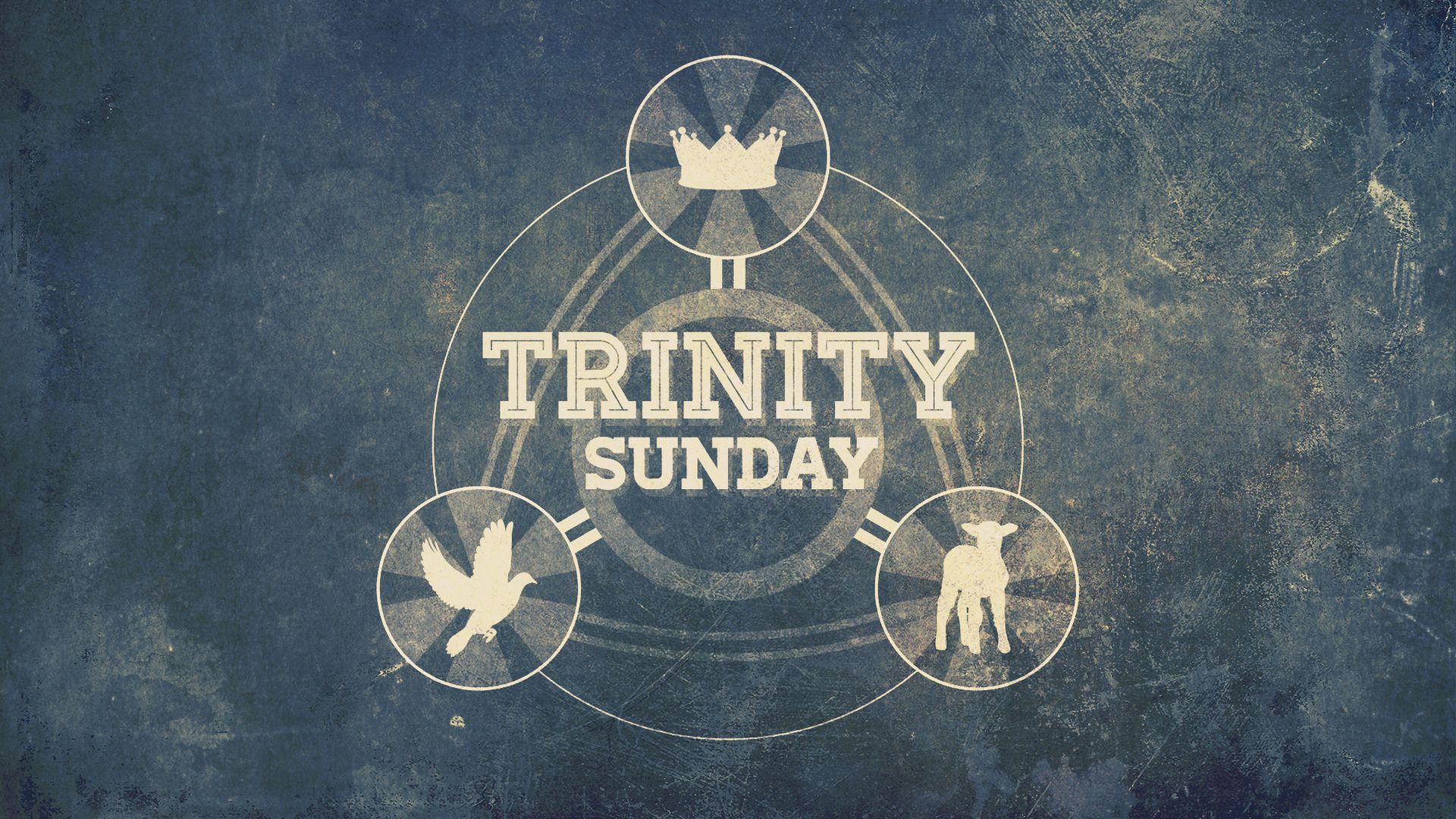Character Updates Can be Dangerous
Note: Highlights is a series of “paragraph reviews.” I explained these reviews in my initial post in this series.
Charles Dickens is my favorite author and the author of my favorite book, Little Dorrit. I love Dickens’ style for his vivid characters, his virtuous plots, his poetic descriptive power, and his social critiques. If I had to chose one above the rest of these reasons, I would pick the characters. I can illustrate Dickens’ power of character creation by typing one name: Ebenezer Scrooge.
My wife and I recently saw his characters on screen when we watched the 2008 BBC miniseries adaptation of Little Dorrit. On the whole, it is a good series, but it reminded me that books cannot fully translate to screen. It would not be practical. The mediums are just too different for perfect translation, so I don’t fault the producers for making necessary changes. I did, however, spot a major and unnecessary change that affected my favorite aspect of Dickens’ writing — his characters.
The paragraph I highlight today is not, in and of itself, a memorable one. I highlight it not for its own merits or demerits, but I chose it for the subtle truth it exposes. I am going to print the paragraph below, and then compare it to the film adaptation, and then draw a biblical & cultural lesson from the exercise.
The Paragraph
“Now, I am all right,” said Mr Meagles, after a minute or so. “Now, it’s over. Arthur, my dear fellow, confess at once that you expected me before.”
“I did,” said Arthur; “but Amy told me—”
“Little Dorrit. Never by any other name.” (It was she who whispered it).
“—But my Little Dorrit told me that, whithout asking for any further explanation, I was not to expect you until I saw you.”
(Charles Dickens, Little Dorrit, First published 1857. This edition published in Penguin Classics 1998, Revised edition, Penguin Books, 2003, Page 854, emphasis mine)
This paragraph reveals that Amy Dorrit insists on being called by her nickname, “Little Dorrit.” Her attitude is consistent throughout the book, expressing the same wish on page 790. This is the fundamental nature of the character Dickens created in his story. Amy Dorrit, diminutive in stature, was nicknamed “Little Dorrit,” and she liked being called that — especially by Arthur Clennam.
The BBC miniseries, for the most part, captured the essence of that character. Yet they could not prevent themselves from attempting to update Amy’s character. In the seventh1 episode, the BBC filmmakers inserted a scene not found in the book. In that scene, Amy takes exception when Arthur calls her “Little Dorrit,” and scolds him for it, expressing contempt for it. The entire scene lasts just two or three minutes, but it accomplishes a purpose. The scene subtly changes her character at the fundamental level. The Amy Dorrit that came from Charles Dickens’ pen would never say what the BBC Amy Dorrit said in front of the camera. For two minutes out of an entire miniseries, we were presented with a completely different person. If I had not read the book, I would’t have noticed it. I simply would have accepted the screen version as authentic.
The Lesson
What does this have to do with most (non-nerdy) people? For decades there has been an admirable desire to portray biblical stories and characters on screen. Three recent adaptations come to mind: “The Chosen,” “The King of Kings,” and “The House of David.” Two of these productions portray Jesus Christ, while the third relates the story of His great ancestor. The BBC’s subtle update to “Little Dorrit” alerted me to the relative ease with which a screen portrayal of the Son of God could update that Character to fit modern tastes.
The change in Amy Dorrit’s character update was both drastic and subtle. In two minutes, she contradicted everything Dickens has written her to be. Indeed, she even contradicted everything she had been on screen! Yet, the switch was so subtly flipped that most viewers would never notice. If that is the case, how much subtle change could be made while portraying Christ on screen?
Some films obviously and brazenly change the character of Christ. Though blasphemous, I do not consider them dangerous for seekers. I have not watched “The King of Kings,” but I Did watch the first two episodes of “House of David.” It was so far different from the biblical story that it was unrecognizable (although the guy who played Saul was awesome). The “House of David” reminds me of the screen adaptation of James Fenemore Cooper’s The Last of the Mohicans. Like that movie, “House of David” so obviously departs from the Book that everyone recognizes it.2 Such portrayals bother me, but do not trouble me.
Updating the character of Jesus is most dangerous when it is most subtle. For that reason, one scene from “The Chosen” truly bothers me. It is the “Nicodemus” scene. The scene is well produced and acted. It does an excellent job, for the most part, of conveying the mood of the conversation from John chapter 3. But then, within just a few seconds, a subtle gesture undermines the deity of Christ. Nicodemus, realizing Jesus is the Christ, bends down on his knees before Jesus. Even as Nicodemus begins assuming this posture, Jesus protests against it, saying “What are you doing?”. Jesus lifts Nicodemus back up, absolutely refusing to accept worship from him. The scene happens quickly—just a few seconds. It is subtle. But it is utterly and totally blasphemous.
I have read the Book, and the Lord Jesus Christ never, ever refuses to be worshiped. Apostles and angels refused to be worshipped3, but Jesus always accepted and encouraged it.4 I have not watched most episodes of “The Chosen,” so I do not know if this type of change happens often, but this one was enough for me. God in flesh refuses to accept worship from one of His creatures. The Jesus revealed in the Bible would never do what the Jesus of the screen did.
If you choose to watch screen portrayals of biblical stories and characters, be on alert. Watch out for character updates. They are often subtle. That’s why they’re dangerous.
Notes
1There were eight episodes of the miniseries on Amazon Prime. I think the original release of the series broke the content into fourteen episodes. I am referencing the Amazon Prime numbering.
2Cooper’s book is far better than the movie that unjustly steals its name. The movie is nothing at all like the book.
3Acts 14:15; 10:24-26; Revelation 19:10; 22:8
4Mark 7:24-30; Luke 8:26-35; Luke 8:40-42; Luke 8:43-48; John 20:26-29









